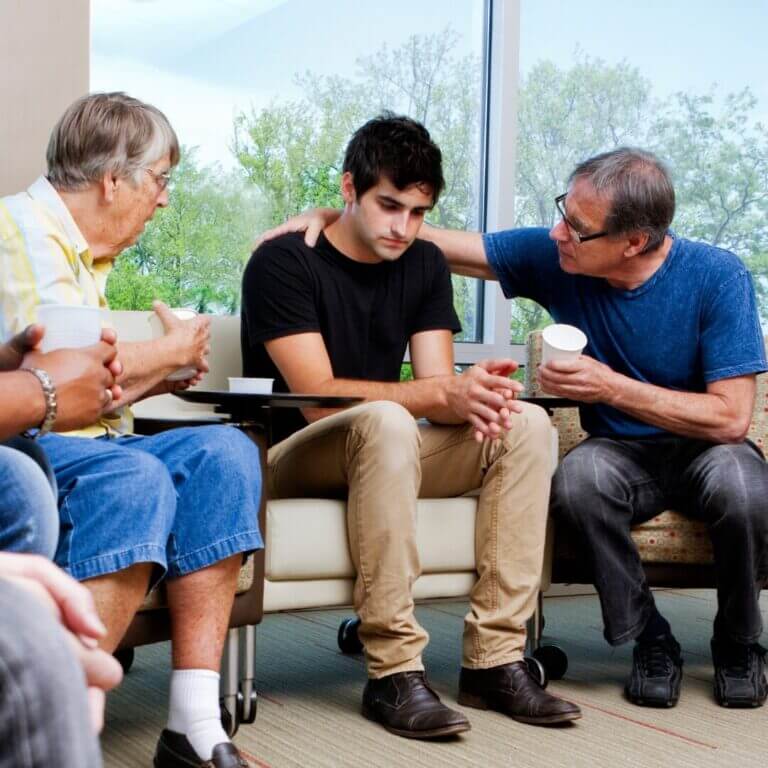
Are you struggling with overcoming a heroin addiction? Moreover, are you facing relapse after trying to quit on your own? If so, there are surefire heroin relapse signs that you can’t ignore.
Addiction is a Chronic Disease
If you’ve already gone through heroin rehab, you probably learned that addiction is a chronic brain disease. Specifically, that means there’s no exact cure. You can get the condition under control, but there’s always a relapse potential.
Sometimes, the relapse comes out of nowhere. In fact, there may be no warning signs. Typically, this means that something in your body or psyche changed.
Gradual Heroin Relapse Signs and Solutions
Addiction is a disease of the brain, and there’ll be heroin relapse signs before the actual hiccup occurs. For example, you might be dealing with stressors that you can’t handle.
However, stressors can come in many forms. From peer groups to daily life triggers, your environment and the people around you can influence relapse.
By recognizing these heroin relapse signs, you can seek help immediately and return to rehab. In fact, many people in your position will set up an appointment with a rehab center at this time. This helps you gain control over your stressors and triggers.
Does Your Loved One Exhibit Heroin Relapse Signs
Warning signs are much more difficult to recognize in people close to you. However, some heroin relapse signs are common amongst those in recovery. For example, fierce changes in mood, social irresponsibility, and certain negative habits can increase the likelihood of relapse.
Return to Rehab And Recovery
High-quality facilities offer a relapse program that allows you to regain your sense of recovery. You may have thought you could handle certain temptations only to find out that you can’t. When you notice heroin relapse signs, the treatment facility can help.
For example, therapists can work with you through treatments that include:
- Detox if you’ve already started using again
- An extensive intake consultation that finds out whether you have immediate medical, clinical, or psychiatric needs
- Psychotherapy that digs deeper to find problems with stressors and triggers
- Group therapy sessions with peers undergoing relapse recovery
- Assessment for a mental health disorder if you’ve never had a dual diagnosis before
- Experiential therapies that encourage peer relationship building to emphasize the use of coping skills
- Development of a continuing care plan that helps you stay strong when temptation happens again
Family therapy is an excellent opportunity for gaining additional support. If you’re in danger of using again, they can help you remain strong and confident. They’re also the ones who can sound the alarm if necessary.
Whether you’ve already started using again or recognize that you’re heading in that direction, there’s help. If a loved one shows signs of relapse, you don’t have to wait to ask for assistance. Ashley Addiction Treatment professionals will fight alongside you for your sobriety. Call 866-313-6310 today for immediate assistance.
